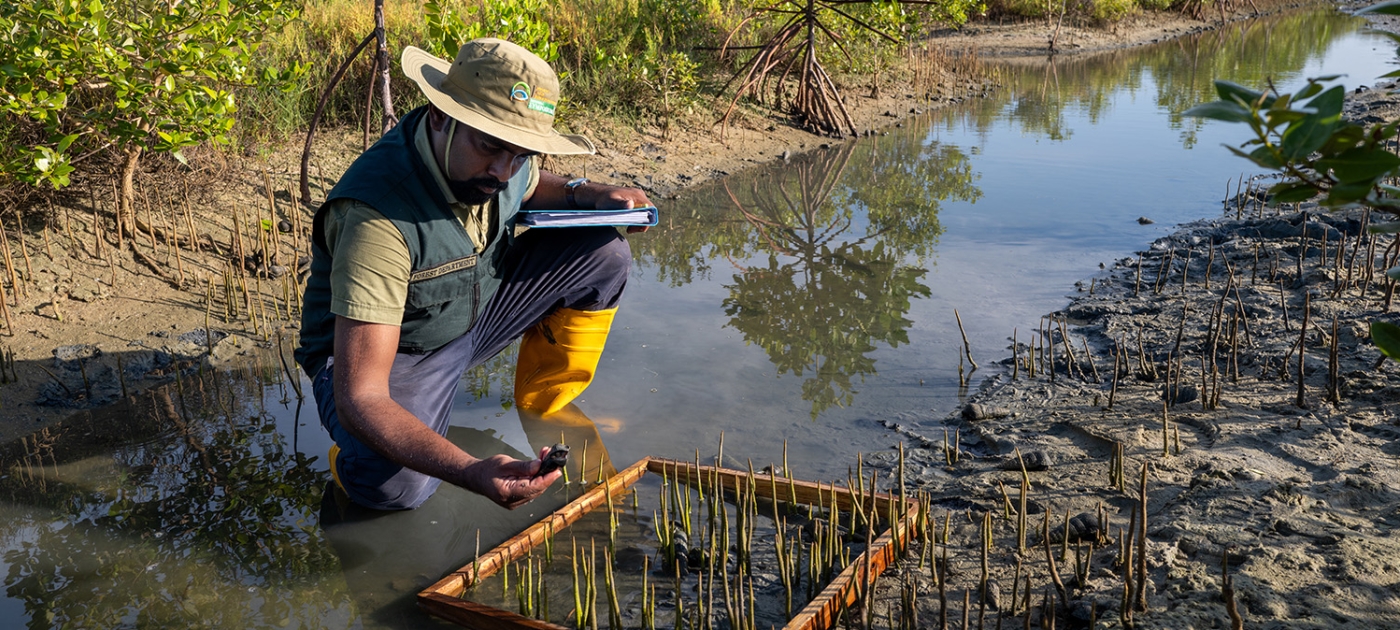The Kolkata Municipal Corporation (KMC) has unveiled a strategic initiative to enhance the infrastructure surrounding the city’s vital ponds, water bodies, and wetlands, aiming to both safeguard these ecological treasures and unlock their potential for sustainable tourism. This proactive stance, articulated by Mayor Firhad Hakim, signifies a pivotal shift towards integrating environmental conservation with urban development. It is a crucial step in fostering a zero net carbon, eco-friendly, and equitable city, ensuring that Kolkata’s natural assets contribute to the well-being and prosperity of all its inhabitants.
For decades, Kolkata’s numerous water bodies, including the globally significant East Kolkata Wetlands (EKW), have faced relentless pressure from urban encroachment and illegal filling. This unchecked degradation not only diminishes the city’s natural beauty but also compromises critical ecological functions. The EKW, designated a Ramsar site, serves as the city’s natural sewage treatment plant, supporting a unique ecosystem and providing livelihoods through traditional pisciculture and farming. The KMC’s renewed commitment to protecting these areas directly addresses the historical apathy that allowed “land sharks” to exploit these vital urban spaces, often with detrimental environmental consequences.
The KMC’s plan is multi-faceted, involving close coordination with the state environment department and the East Kolkata Wetland Management Authority. The civic body intends to seek necessary permissions to develop infrastructure around large water bodies, focusing on beautification and creating amenities that attract visitors without compromising ecological integrity. The proposed introduction of boat services in the EKW area is a testament to this vision, aiming to transform these neglected spaces into vibrant eco-tourism destinations. This approach generates local economic opportunities while simultaneously deterring illegal activities through increased public engagement and surveillance.
Beyond tourism, the revitalisation of these water bodies offers profound environmental and social dividends. Healthy ponds and wetlands act as natural sponges, mitigating urban flooding, recharging groundwater, and serving as crucial habitats for diverse flora and fauna. Their preservation is fundamental to Kolkata’s climate resilience strategy, contributing to cooler urban microclimates and improved air quality. From a social equity perspective, accessible and well-maintained green-blue spaces provide essential recreational areas for all citizens, promoting physical and mental well-being, and fostering a sense of community ownership, regardless of socio-economic background.
The KMC’s intensified crackdown on pond filling, with directives issued to law enforcement for swifter action, underscores the seriousness of this initiative. Reclaiming encroached land, particularly within the EKW, is a complex but necessary undertaking that will require sustained political will and robust enforcement. This concerted effort reflects a growing recognition that the city’s natural infrastructure is as vital as its built environment for long-term sustainability and liveability.
As Kolkata strives to become a truly smart and sustainable city, the protection and enhancement of its water bodies are paramount. This initiative is more than just a beautification project; it is an investment in the city’s ecological future, its economic diversification through responsible tourism, and the equitable access to green spaces for all its residents. By transforming these natural assets into vibrant public amenities, Kolkata is setting a powerful example for urban centres globally, demonstrating how environmental stewardship can seamlessly integrate with progressive urban development to create a thriving, resilient, and inclusive metropolis.
Also Read: Navi Mumbai Activists Take CIDCO to Court Over Illegal Temples on Hills



